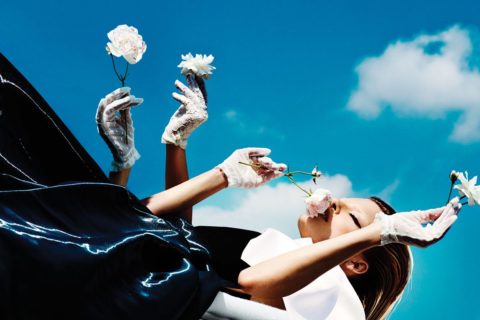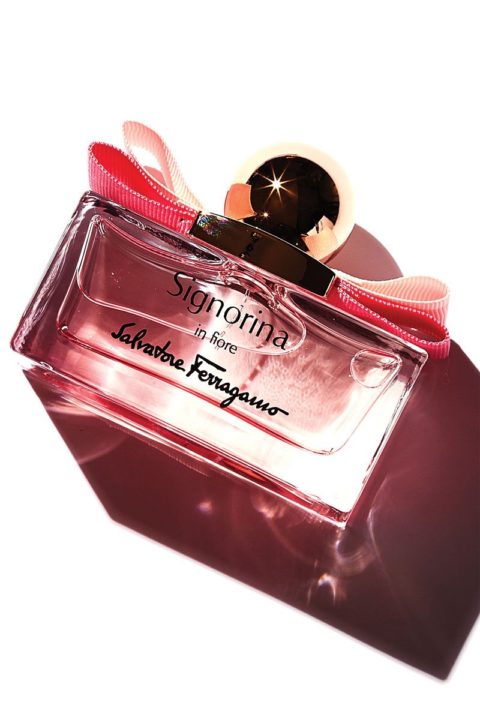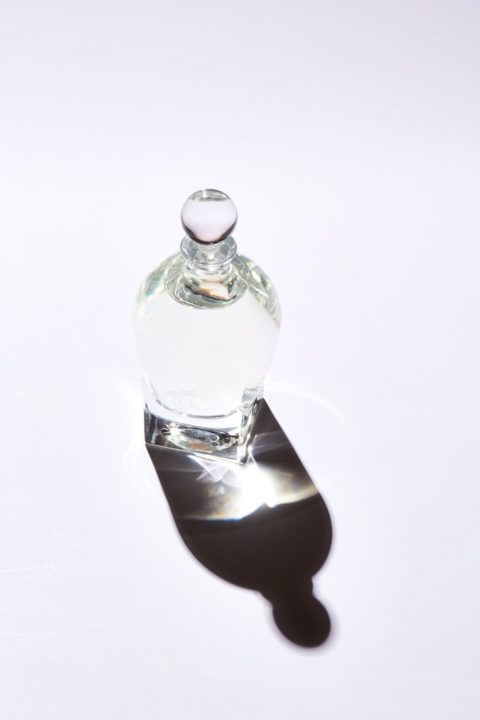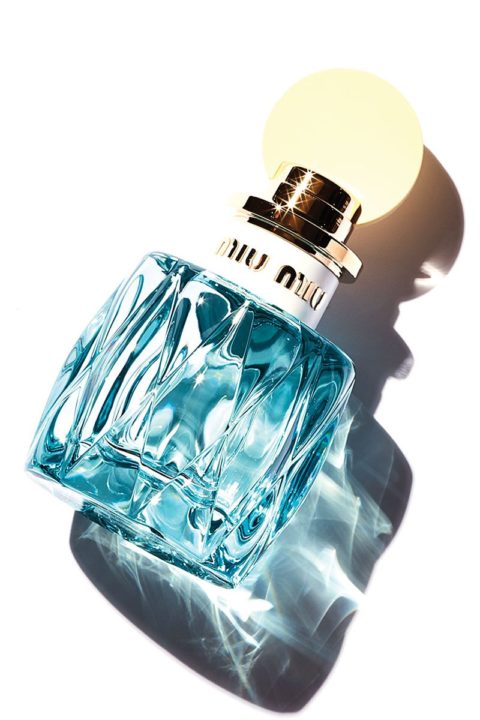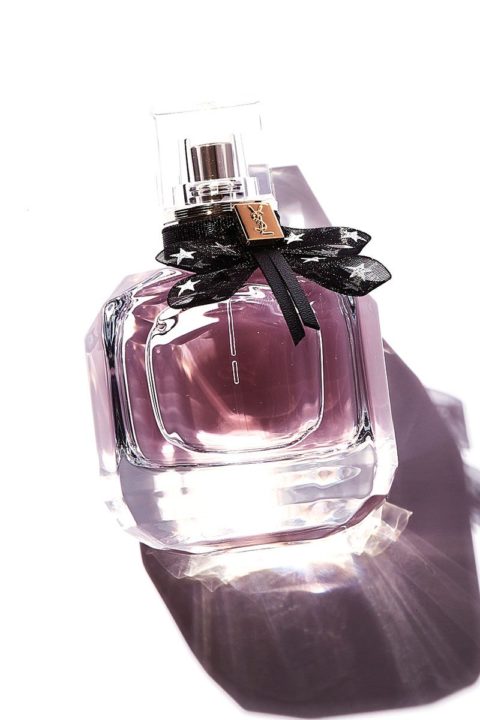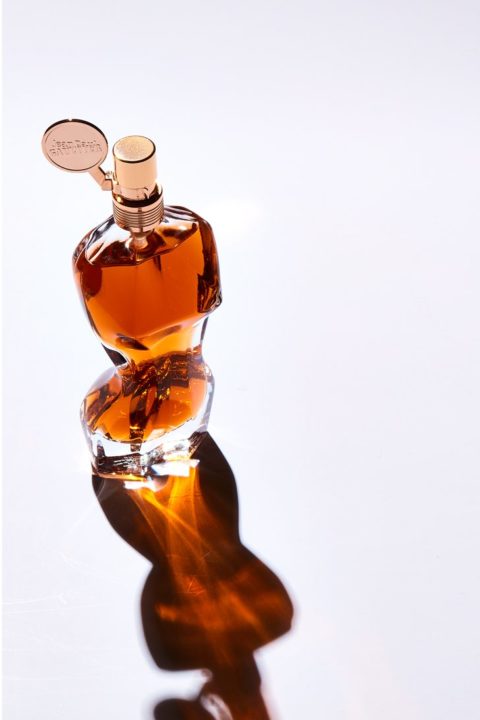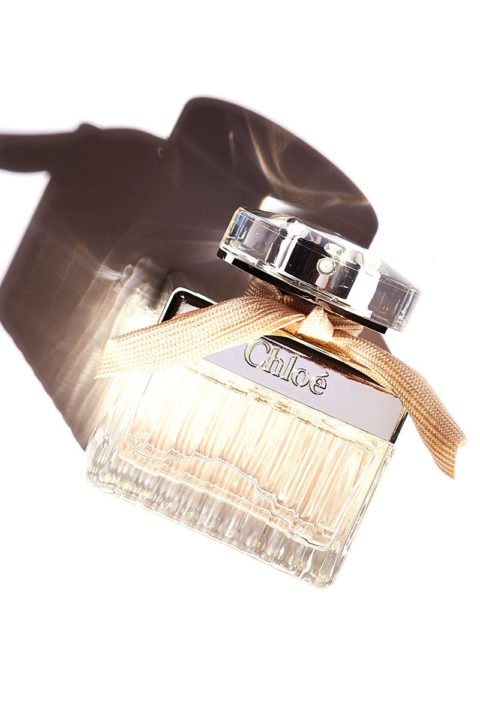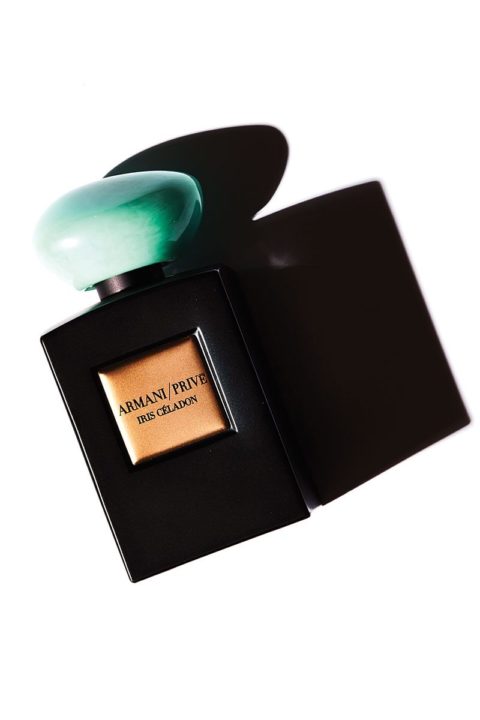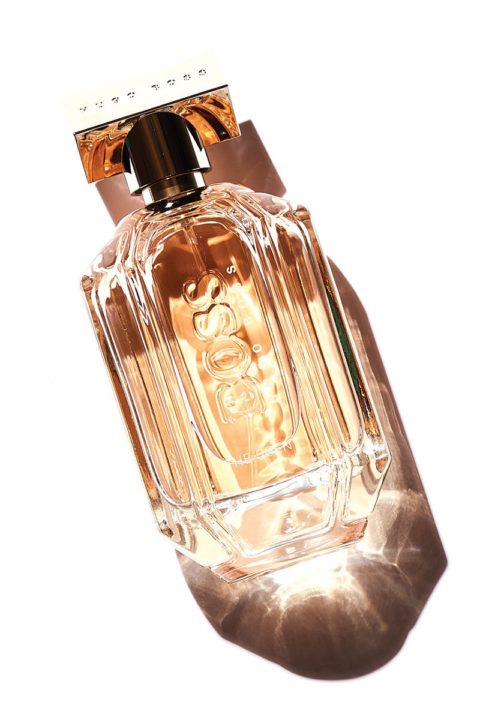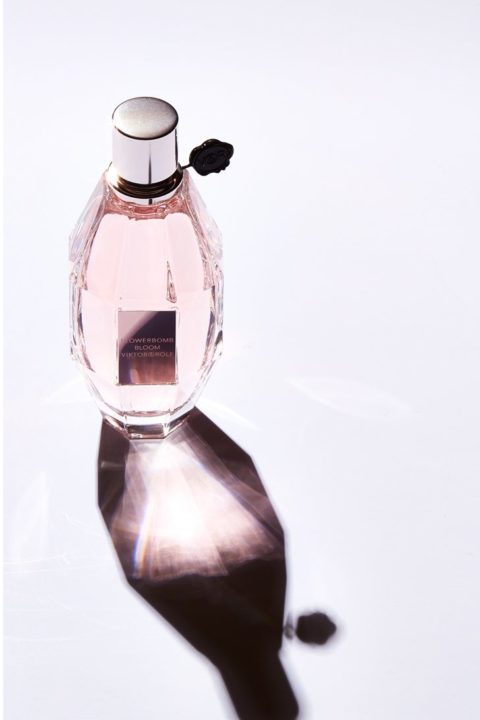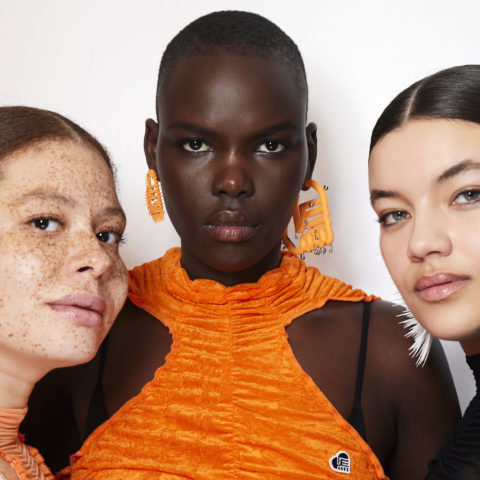Why Scent Is the Final Frontier of IRL Experiences
If our retinas could talk—in between scanning the news, scrolling through images or watching whatever video, meme or GIF is dominating our feeds, that is—they’d probably complain of exhaustion and near burnout just like the bodies they inhabit.
“The digital world is able to take direct advantage of our visual and audio processing,” says Dr. Rachel Herz, a neuroscientist and scent-psychology expert and the author of The Scent of Desire. Smell, on the other hand, forces us to slow down and connect in a way we don’t always have the chance to do in our daily lives.
“When we smell something, we are much more intimately and personally engaged,” explains Herz. “We are more viscerally involved in the experience than we are in pretty much any other sensory experience.” That’s why, says Herz, “wearing or smelling a scent you love is a really excellent way of re-grounding yourself in your own senses, quite literally, and in your own self.”
There’s a reason why smell is so evocative and emotional. When scientists began investigating the olfactory system, they traced nerve tissue in the nose up into the brain, explains Dr. Avery Gilbert, author of What the Nose Knows: The Science of Scent in Everyday Life.
“One of the things they noticed is that it goes to two places. The first is the amygdala, which is an area that does very rapid processing of emotional content,” he says. “So even before you recognize a smell or can name it, you’re [thinking] ‘I like it’ or ‘That’s bad’—you make that decision in literally 10 milliseconds.”
The other part of the brain it travels to—the hippocampus—is responsible for new memory formation. This explains the moments, places and people that flood back with 4K clarity when we encounter fragrances associated with them, no matter how many years later.
While our eyes are fixed on the screens in front of us, our noses are working 24-7, too—we just don’t realize it. To use an analog analogy, our olfactory hardware is not unlike a boom box making a mixtape of our life. “We don’t remember trying to remember smell because our brain is always recording,” says Gilbert. It’s documenting everything from “background noise,” like the cloud of industrial cleaning supplies infiltrating your office lobby, to positive scent memories, like a loved one’s shampoo.
The fragrance industry does an excellent job playing up the emotional aspect of scent, despite the fact that perfume advertising has the tough task of persuading consumers to purchase a bottle without knowing what it smells like (the IRL exception being scent strips that run in magazines). Recently, brands like Prada, Serge Lutens and Charlotte Tilbury have attempted to find a way around that obstacle by launching virtual reality campaigns that offer an immersive and interactive experience. The idea is that enlisting the other senses by using different textures, sights and sounds will help fill in those fragrance blanks. And soon, perhaps those very fragrance brands will take a page from Montreal’s Élixir Marketing Olfactif, an agency that created bus shelter billboards that release the aroma of orange trees when sensors detect commuters are standing in front of its ad for OJ, in the hopes that their subconscious will instruct them to buy a carton the next time they’re at the grocery store.
While Silicon Valley is hard at work on technologies that will bring scent into the VR world, Herz has doubts that any will be successful “because of a variety of basic logistical things about how our sense of smell works,” she says. So until someone figures out a way for us to smell through our Kindle or cellphone, our noses could remain the last bastion of experiences you need to have IRL.

